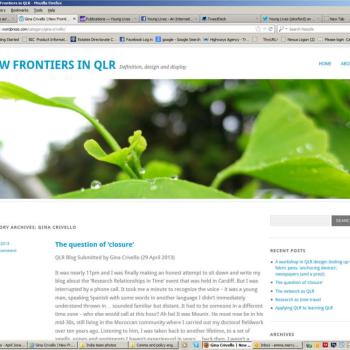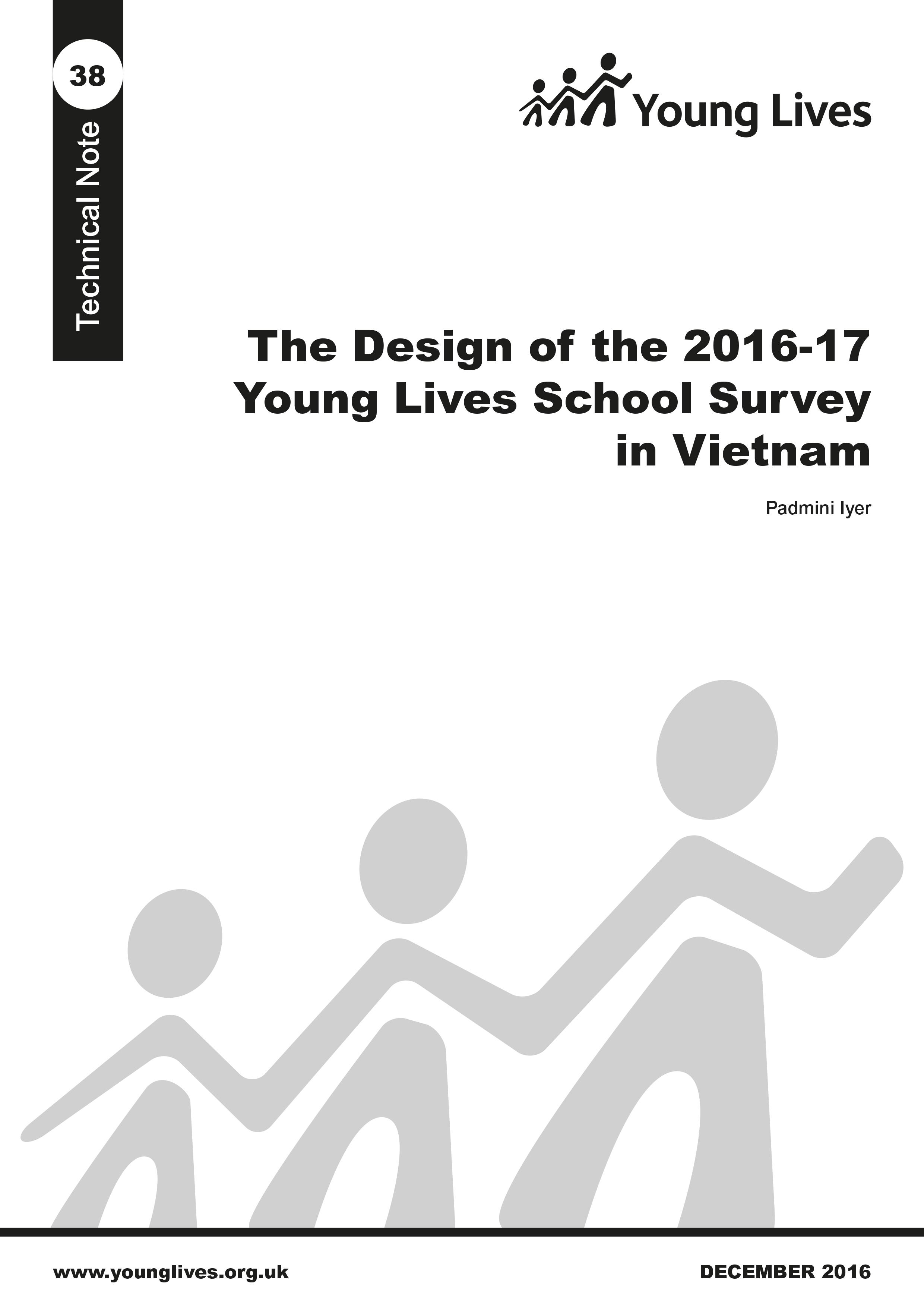
It?s been over a decade since the Young Lives study began. Its ongoing success rests crucially on maintaining a complex web of relationships that includes children, families and researcher teams spread across five different countries. Over the years, Young Lives has generated a rich data set on childhood poverty containing hundreds of variables and measures, as well as thousands of pages of qualitative interview transcripts, which we analyse. Alongside this data, we have also been generating important reflections about the research process and about the methodological and ethical challenges of longitudinal research of this kind.
Young Lives is benefitting from its participation in a network dedicated to methodological innovation funded by the National Centre for Research Methods. Called ?New Frontiers in Qualitative Longitudinal Research?, the network is convened by Rachel Thompson from the Centre for Innovation and Research in Childhood and Youth, University of Sussex.
Young Lives has joined other network members in seminar discussions on such topics as interdisciplinarity, ethics and forms of representation in qualitative longitudinal research. February's seminar was about ?Relationships in Time? - a central and ongoing concern for Young Lives. Following the event, Young Lives Research Officer Gina Crivello wrote a blog for the network, on ?The question of ?closure?' in long-term qualitative studies.


It?s been over a decade since the Young Lives study began. Its ongoing success rests crucially on maintaining a complex web of relationships that includes children, families and researcher teams spread across five different countries. Over the years, Young Lives has generated a rich data set on childhood poverty containing hundreds of variables and measures, as well as thousands of pages of qualitative interview transcripts, which we analyse. Alongside this data, we have also been generating important reflections about the research process and about the methodological and ethical challenges of longitudinal research of this kind.
Young Lives is benefitting from its participation in a network dedicated to methodological innovation funded by the National Centre for Research Methods. Called ?New Frontiers in Qualitative Longitudinal Research?, the network is convened by Rachel Thompson from the Centre for Innovation and Research in Childhood and Youth, University of Sussex.
Young Lives has joined other network members in seminar discussions on such topics as interdisciplinarity, ethics and forms of representation in qualitative longitudinal research. February's seminar was about ?Relationships in Time? - a central and ongoing concern for Young Lives. Following the event, Young Lives Research Officer Gina Crivello wrote a blog for the network, on ?The question of ?closure?' in long-term qualitative studies.


